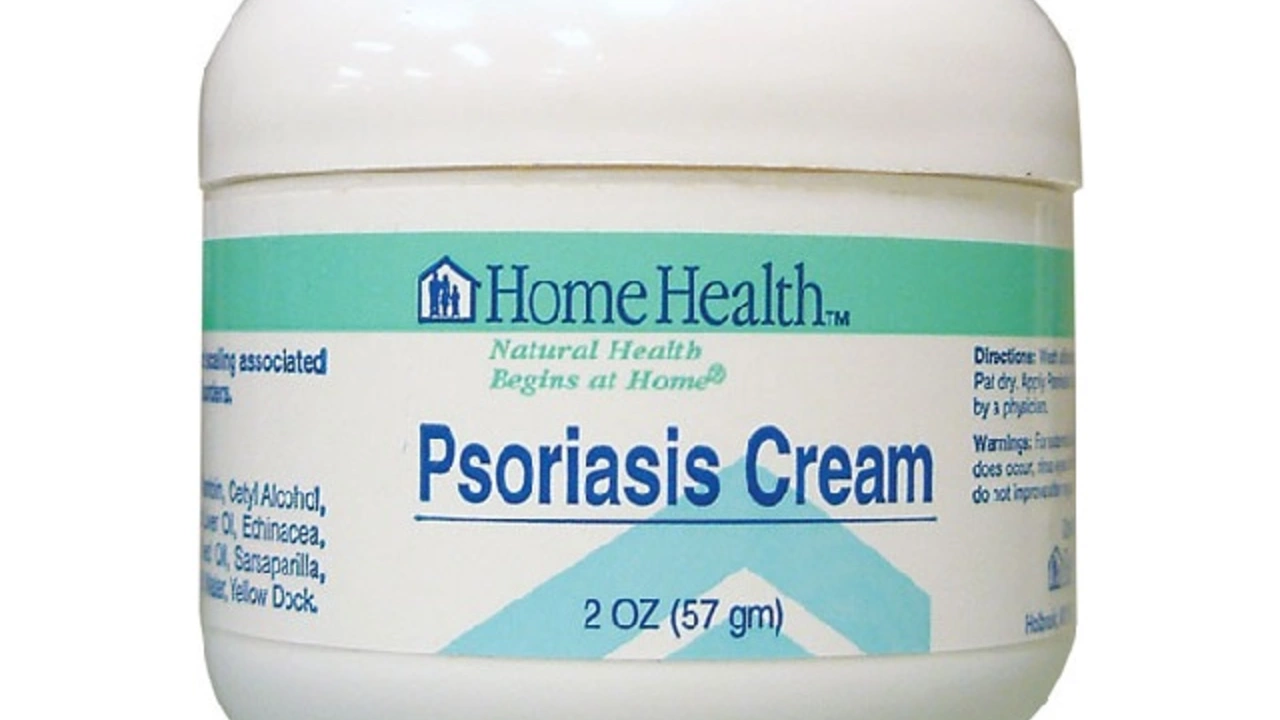Soothing Irritation: Fast, Practical Ways to Calm Skin and Mucous Irritation
Irritation—whether on your skin, in your nose, or in your gut—doesn't have to ruin your day. You can often ease symptoms quickly with simple, safe moves. Below are practical steps that help with allergic itch, contact rashes, mild burns, nasal irritation, and digestive upset.
Start with gentle cleaning. Rinse the area with cool water for at least a minute to remove irritants. For skin rashes, skip harsh soaps and use a fragrance-free cleanser or just plain water. For eyes or nose, saline rinse is low-risk and often effective.
Reach for cool, not cold. A cool compress lowers inflammation and eases the burning feeling. Apply for ten to fifteen minutes, repeat every few hours. Avoid ice directly on skin—wrap it in a cloth to prevent frost damage.
Use barrier and moisture support. For dry, irritated skin, apply a bland emollient like petroleum jelly or a simple hypoallergenic cream. These products protect the skin and speed recovery. For nasal dryness, use a saline spray or a small amount of petroleum jelly inside the nostrils to prevent cracks.
Choose the right OTC options. For itchy skin, 1% hydrocortisone cream can help for short periods. Antihistamines (oral cetirizine, loratadine) reduce allergic itch and runny nose. For throat or mouth irritation, lozenges and warm saline gargles calm the area. Use antacids or magnesium hydroxide for mild heartburn and reflux-related throat irritation, but follow label directions.
Try safe natural aids. Oatmeal baths soothe widespread skin irritation—blend plain oats into a fine powder and stir into lukewarm bath water. Aloe vera gel soothes mild sunburns. Ginger and turmeric have anti-inflammatory properties when used in food or tea, but avoid applying turmeric directly to broken skin.
When to avoid home care. If you see spreading redness, growing blisters, fever, pus, or severe pain, get medical care. Also seek help if breathing becomes difficult, tongue or throat swells, or symptoms follow an insect sting or medication—these may be signs of a severe allergic reaction.
Think about triggers and prevention. Note what started the irritation—new soap, jewelry, foods, or medications—and stop using the likely cause. Wear breathable fabrics, avoid tight clothing, and use mild laundry detergents to reduce skin irritation. For seasonal nasal irritation, keep indoor humidity at comfortable levels and limit known allergens.
Quick tips for relief on the go: carry saline spray, a travel-sized hypoallergenic moisturizer, and oral antihistamine if you have known allergies. For digestive upset after a meal, drinking water and resting upright often helps more than lying down.
If symptoms persist beyond a week or return after treatment, make an appointment with your clinician. A simple prescription or targeted test may prevent repeated flare-ups and get you back to normal faster.
For kids and sensitive skin, always patch test new creams on a small area for 24 hours. Avoid strong perfumes and colored lotions. If you're unsure, call your pharmacist for quick advice — they can often suggest safe, gentle products. Keep notes daily.






